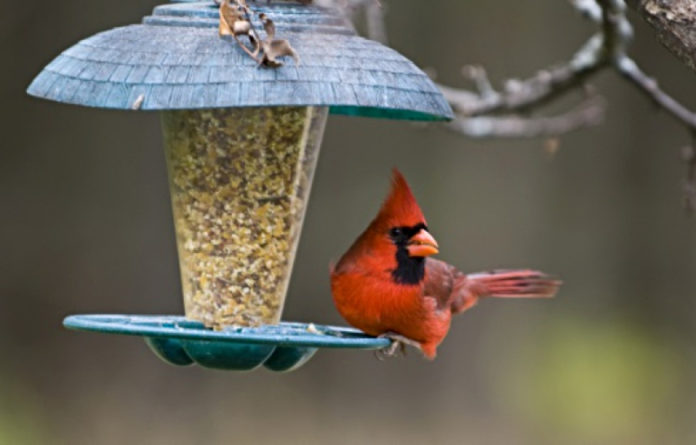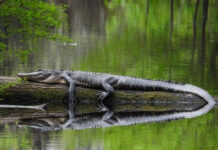
The South Carolina Department of Natural Resources (SCDNR) is asking S.C. residents to remove their bird feeders at home until early spring due to an increase in death reports of Pine Siskins, among other species, because of dirty bird feeders.
SCDNR said while Pine Siskins are more susceptible than other species to getting sick from dirty bird feeders, there has been an increase in the number of reports they have received from across the Palmetto State in the last several weeks.
SCDNR is recommending that you take them down until early April which is when Pine Siskins will begin to migrate northward.
“Temporarily removing bird feeders from your yard will not prevent wild birds from returning after the feeder is put back up,” said SCDNR.
If you are going to feed wild birds, you must make sure the bird feeders stay clean or else it can harm the birds.
 “Dirty feeders can harbor spoiled feed, seed hulls, and waste which can become a source of bacteria, mold, and transmissible diseases between birds,” said SCDNR.
“Dirty feeders can harbor spoiled feed, seed hulls, and waste which can become a source of bacteria, mold, and transmissible diseases between birds,” said SCDNR.
Here are some tips from SCDNR on properly caring for your bird feeder:
- Seed feeders should be thoroughly cleaned at least once per month with one-part liquid chlorine bleach to nine-parts hot water. Allow the feeders to air dry completely, especially wooden feeders, before refilling with seeds. Nectar feeders need special care because of their design.
- Nectar feeders should be cleaned each time they are refilled. Clean feeders using four-parts hot water to one-part vinegar or nine-parts hot water to one-part bleach using a special bottle brush to clean small holes. Visually inspect the entire feeder for black mold. Rinse all parts of the feeder with water for at least three times and allow it to air dry completely before refilling.
- Store food in a cool area in rodent- and water- proof containers. Dispose of any food that is wet, smells musty, or appears moldy.
- Inspect feeder for sharp points or edges that can scratch or cut birds. Even small injuries can enable bacteria and viruses to infect otherwise healthy birds.
- Use multiple feeders and spread them out over a large area to reduce crowding. While seeing several birds at a single feeder may look appealing, the potential for disease transmission between sick and healthy birds increases.
- Don’t wait until sick or dead birds are seen before cleaning feeders. But if the situation should occur, it is best to stop feeding immediately. Remove the dead bird by wearing rubber gloves and placing the bird in a plastic, leak proof bag. Dispose of the sealed bag and rubber gloves in a normal trash receptacle out of reach of pets or scavengers. Wash hands immediately. Clean all feeders and the surrounding area following these guidelines and wait at least two weeks before rehanging feeders.









